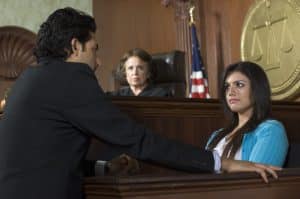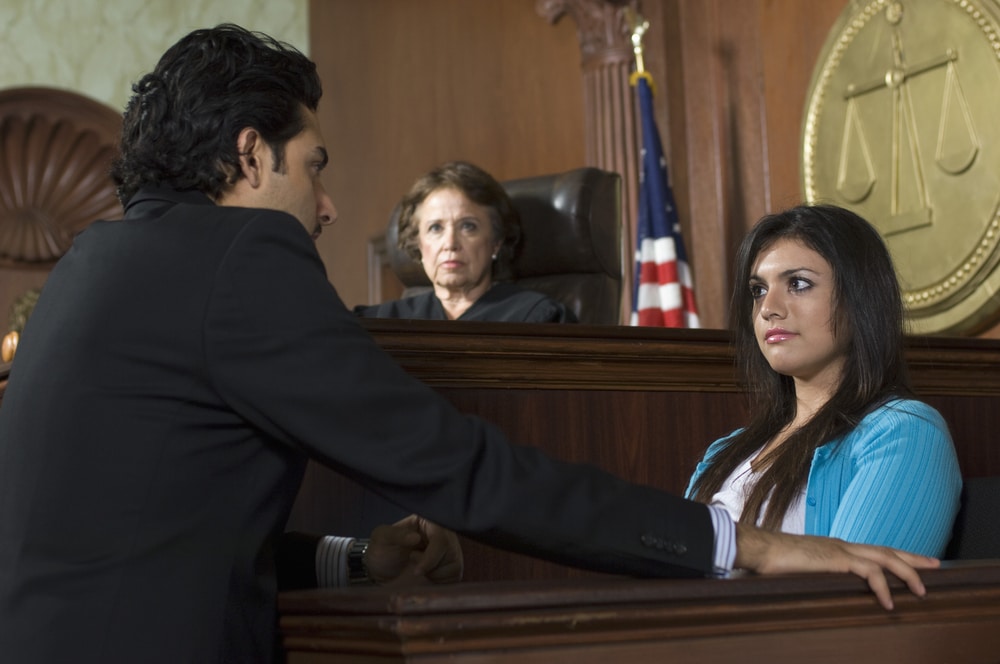When Is It Appropriate to Use Child Testimony in Divorce and Custody Proceedings?
 The process of getting a divorce and dealing with child custody is precarious at best. You want your attorney to help you obtain the best outcome for you and your changing family situation. If your divorce lawyer wants to strengthen his or her case, he or she will likely introduce witnesses to testify on their client’s behalf. However, before an attorney considers the testimony of such witnesses as part of their child custody case, they must determine if the potential witness is credible or not. A credible witness is competent to give evidence because he or she has knowledge and experience with the issues involved. For example, a credible witness can be someone who knows a particular field, such as an expert in children’s psychology. Yet, not all witnesses must be experts in a particular field to be considered credible. Oftentimes, family members are called to testify in matrimonial cases, specifically children, if they are of a suitable age.
The process of getting a divorce and dealing with child custody is precarious at best. You want your attorney to help you obtain the best outcome for you and your changing family situation. If your divorce lawyer wants to strengthen his or her case, he or she will likely introduce witnesses to testify on their client’s behalf. However, before an attorney considers the testimony of such witnesses as part of their child custody case, they must determine if the potential witness is credible or not. A credible witness is competent to give evidence because he or she has knowledge and experience with the issues involved. For example, a credible witness can be someone who knows a particular field, such as an expert in children’s psychology. Yet, not all witnesses must be experts in a particular field to be considered credible. Oftentimes, family members are called to testify in matrimonial cases, specifically children, if they are of a suitable age.
What are the legal considerations when considering using child testimony?
Generally, a child may testify as to his custodial preference. A child’s testimony is usually procured on this subject in one of two ways. First, the child may be questioned by the judge in chambers, with only the attorneys and the court reporter present. This is sometimes called an on-camera interview. The attorneys are generally not permitted to share a child’s testimony from that interview with the parents. Alternatively, a child may testify in open court as a witness. No matter what form the testimony takes, the child must be competent to consider any testimony.
The courts have wide discretion in determining the competency of a witness. Judges experienced with young children will often spend a significant amount of time discussing with a child the concept of the truth and whether the child can differentiate between a truth and a lie. Judges will also sometimes spend a significant amount of time discussing mundane topics with the child. In addition to setting the child at ease, a certain amount of “small talk” may help the judge determine whether the child’s vocabulary is sufficient to express himself accurately. In some cases, the attorneys will be permitted to ask the child questions.
What are the practical considerations?
The first practical consideration is whether having your child testify or participate in an in-camera interview will have a negative emotional effect on them. Imagine how anxious you, as an adult, would be testifying at your trial. You may be concerned about ensuring that your testimony is truthful and clear. You might be afraid that your statements will be twisted by the other side and taken out of context by the judge. You may be anxious that you do not forget anything when you are speaking in court.
Your child has all these concerns and then some. He/She may be afraid to appear as if sides are being taken. Concerns about making anyone mad or disappointing either parent is also anxiety-provoking. Parents must demonstrate great care and sensitivity when a child is faced with testifying in this circumstance.

How Do I Decide?
There is no right or wrong answer. Every family is different and what is most important is that you do not place your possible desire to get back at your spouse by taking away the children to get in the way of a true consideration of what is best for them. Once you have consulted with your attorney to determine whether your child’s testimony will be permitted in some form, then you must make personal and strategic decisions. Child testimony should ultimately be whether you want your child to express his opinion to the Court freely. Regardless of the weight, the Court will give the testimony and whether the testimony will favor you.
Consult a Child Custody Proceedings Attorney in Monmouth and Ocean County Today
At the law office of Peter J. Bronzino in Brick, MJ, we understand how important your children are to you, and we are ready to work with you to pursue the best plan for your changing family. We will collaborate with your spouse to peaceably reach a child custody agreement while defending your needs and rights. Please contact us online or at our Brick, NJ office at (732) 812-3102.







